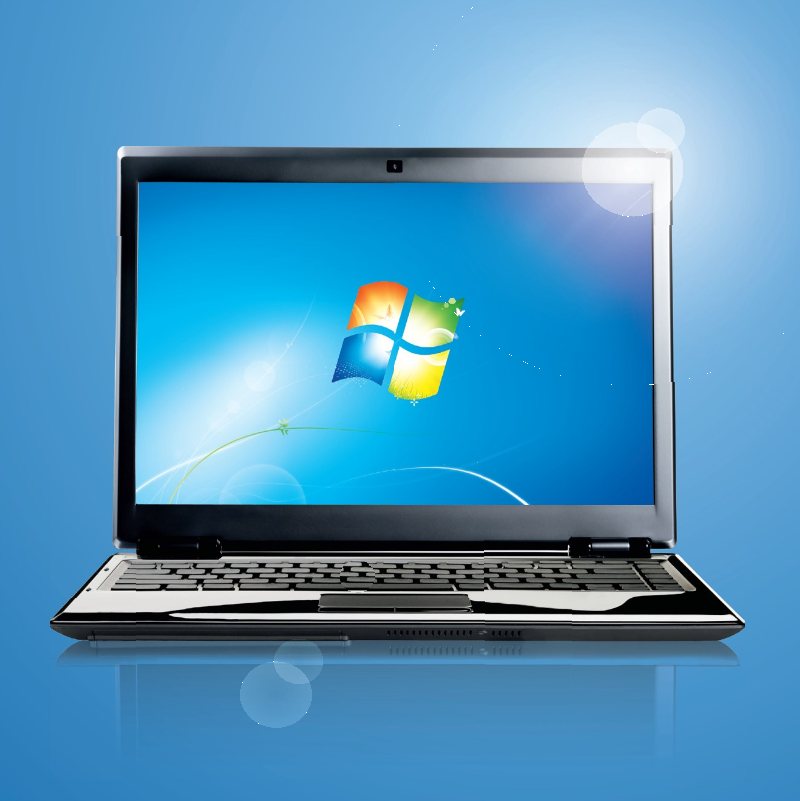computerdude92
Veteran Member
Hi guys,
I'm curious, but I can't find bad rep on Server 2008 really. Being built on Vista's code sounds like trouble. Was SP2 of Server 2008 really nice, and the original RTM had issues? Was Server 2008 not buggy and slow like Vista is known to be? Did it share compatibility issues with Vista?
Thanks for any replies.
I'm curious, but I can't find bad rep on Server 2008 really. Being built on Vista's code sounds like trouble. Was SP2 of Server 2008 really nice, and the original RTM had issues? Was Server 2008 not buggy and slow like Vista is known to be? Did it share compatibility issues with Vista?
Thanks for any replies.

